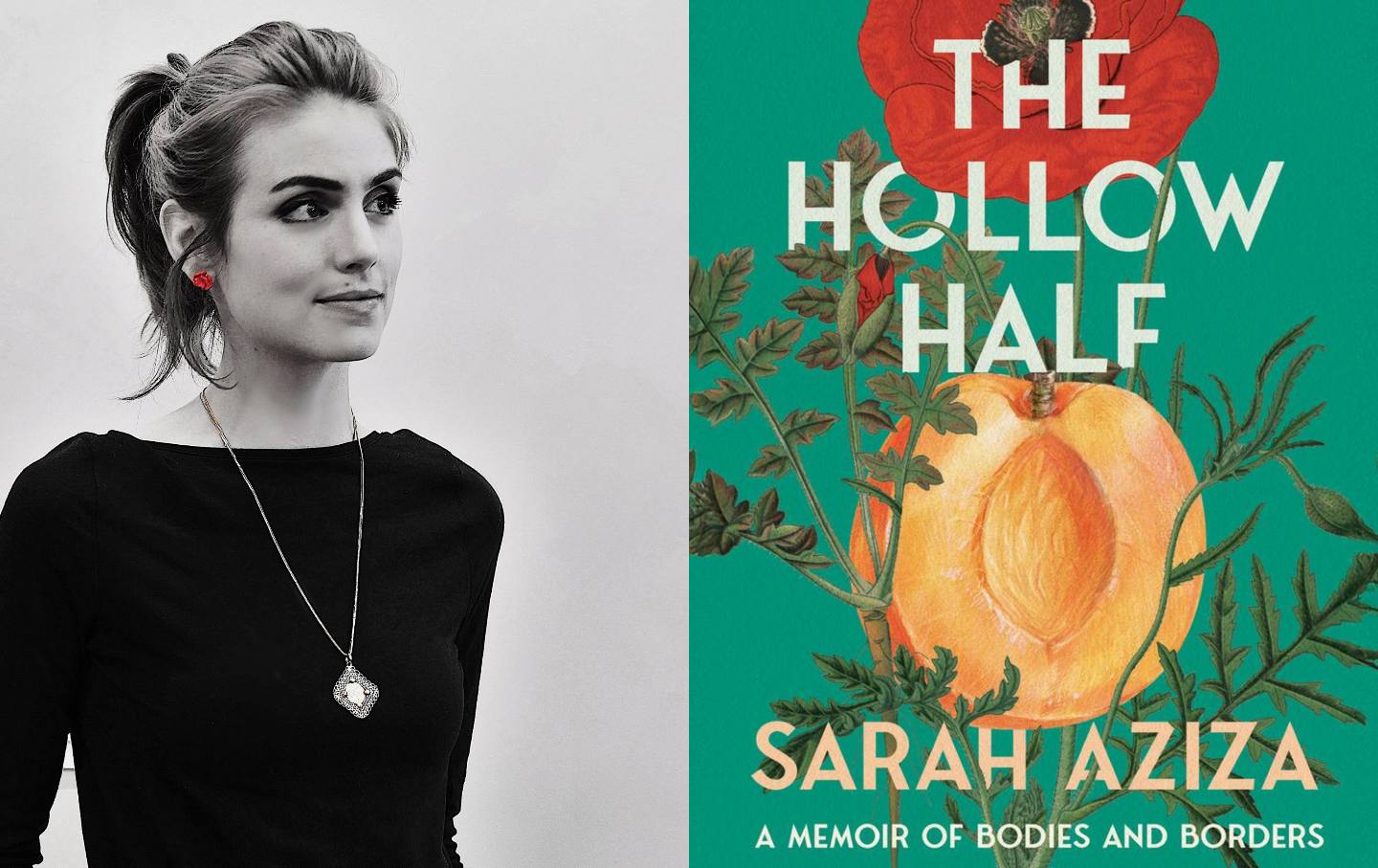
"Aziza's memoir, The Hollow Half, encompasses her battle with anorexia while intertwining it with the Palestinian narrative of dispossession, exile, and trauma."
"The memoir challenges readers to dwell in unresolved emotional spaces, advocating for fragmentation as a means to resist complacency and engage with complex identities."
"By drawing connections between personal recovery and political histories, Aziza's work transcends mere autobiography, proposing that the act of remembering is a revolutionary tool."
"Through her exploration of identity, trauma, and resilience, Aziza uses her grandmother's legacy to illuminate pathways to healing amidst the backdrop of sociopolitical strife."
Sarah Aziza's memoir, The Hollow Half, presents a unique narrative that intertwines her battle with anorexia and themes of intergenerational trauma linked to Palestine's history of dispossession. As Aziza navigates her eating disorder, she learns about her heritage, drawing from her grandmother's experiences as a Gaza refugee. The book defies conventional memoirs by embracing unresolved narratives, advocating for fragmentation as a method of resistance. Through rich prose, Aziza melds personal and political insights, suggesting that understanding our complex identities can serve as a powerful form of healing and empowerment in confronting societal afflictions.
Read at The Nation
Unable to calculate read time
Collection
[
|
...
]